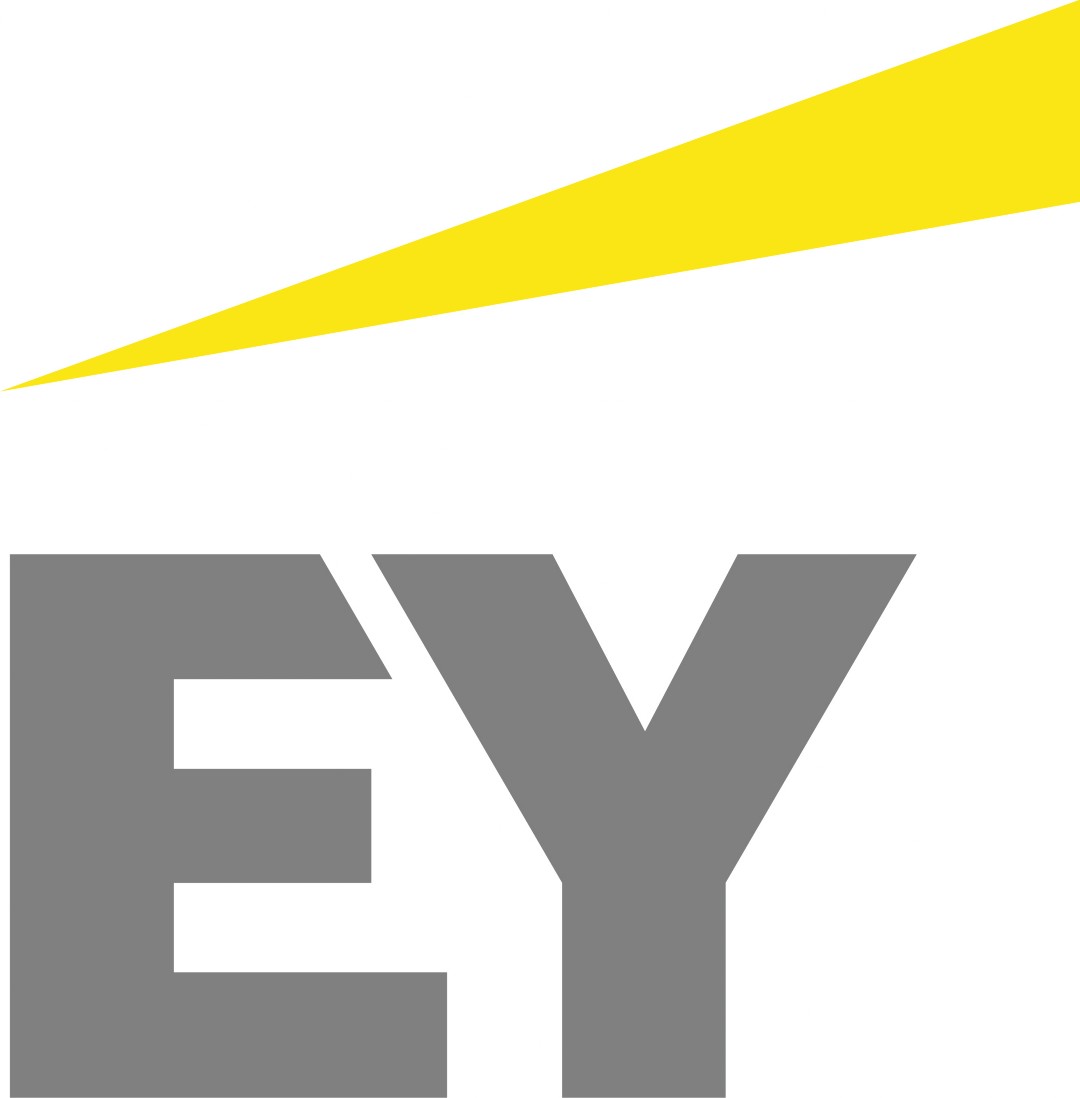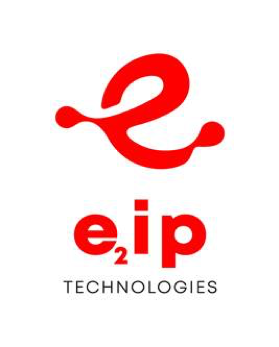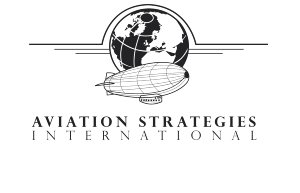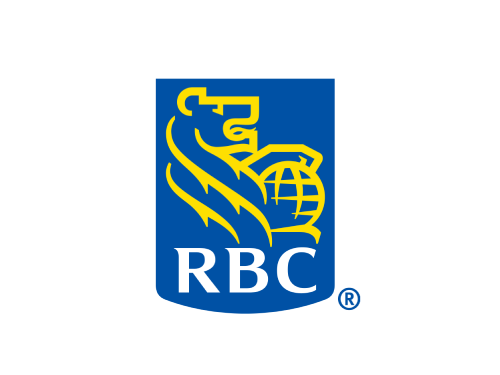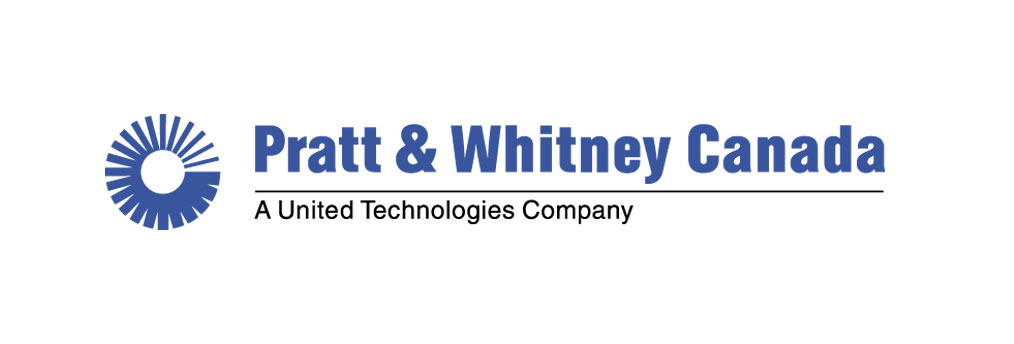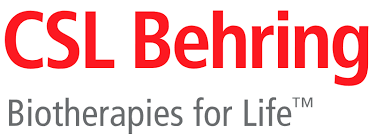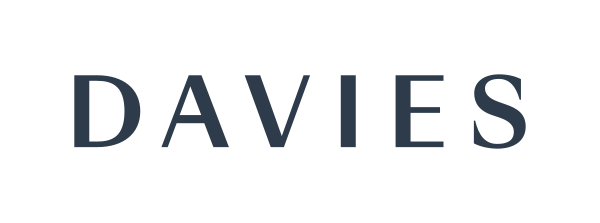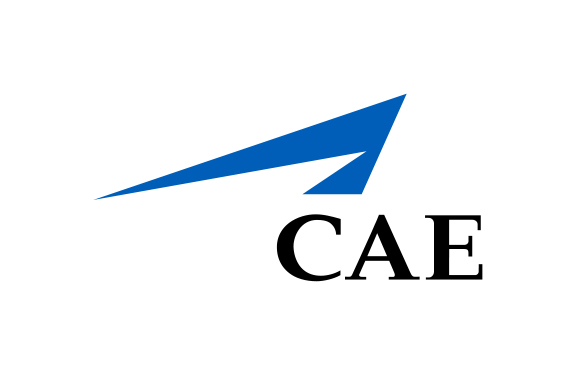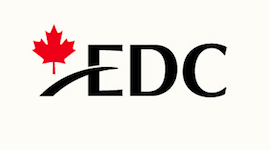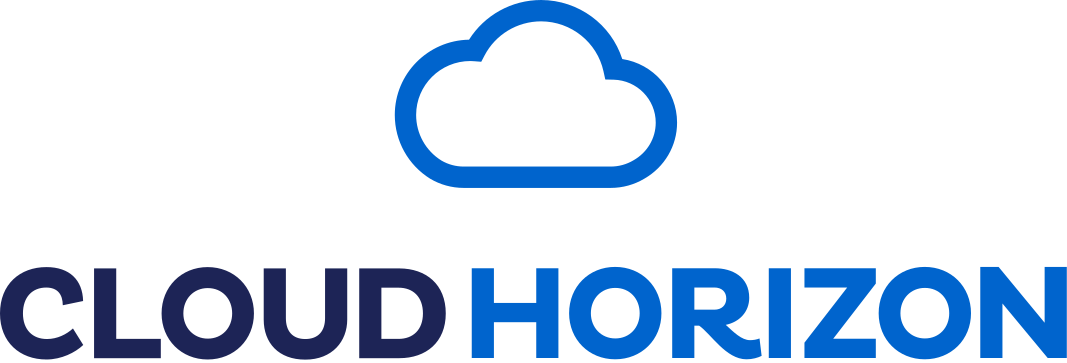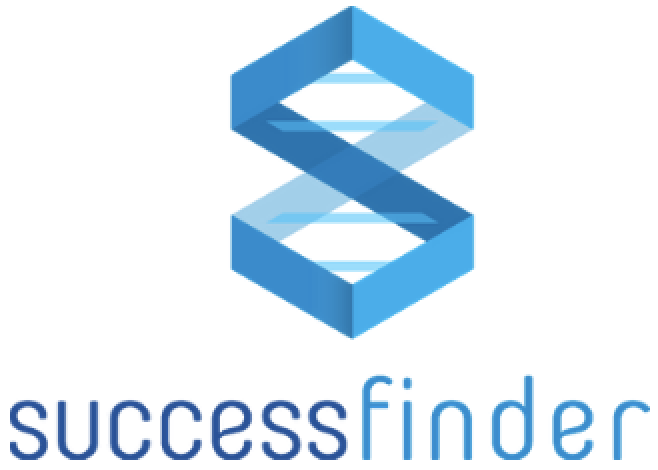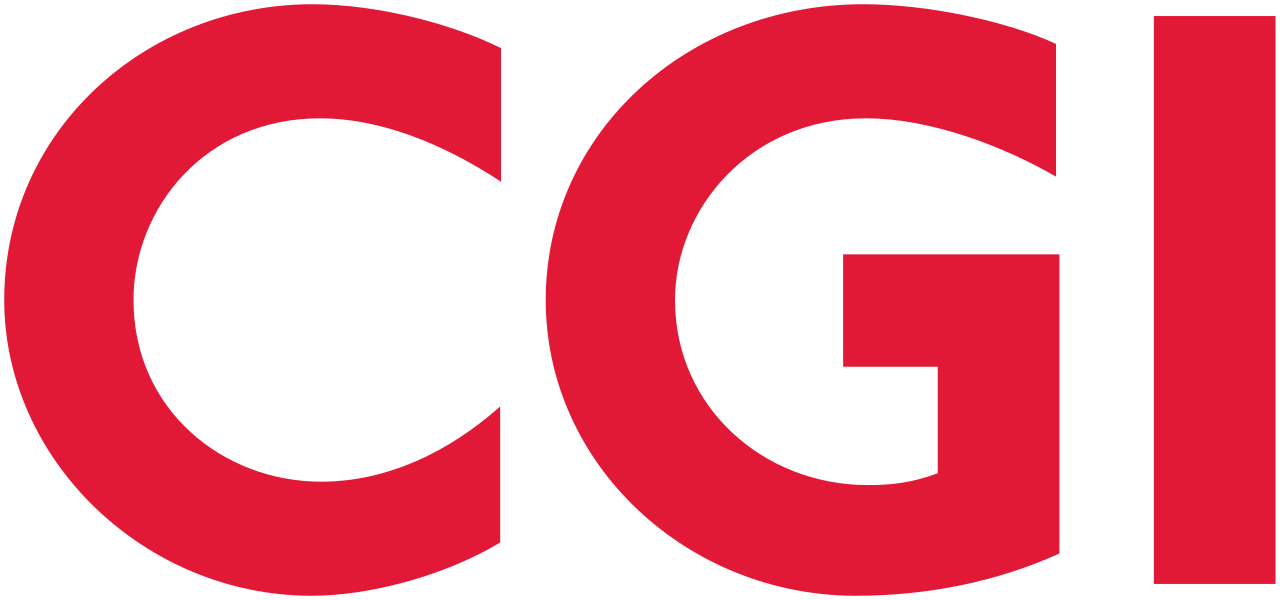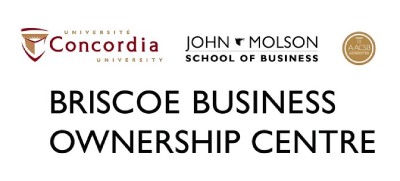To hold MBA Case Competition
[img_assist|nid=703|title=|desc=Lizanne Winser, the administrative director of Concordia’s M.B.A. Programme.|link=none|align=right|width=176|height=215]
Some of the most successful M.B.A. graduates are those who have a chance to prove themselves worthy in the business community before they finish school, says the administrative director of Concordia’s M.B.A. Programme, Lizanne Winser.
And at least 64 students from 18 Canadian universities across the country will have the ideal opportunity to do just that in the fourth Annual Concordia M.B.A. Case Competition, scheduled for the Henry F. Hall Building, Jan. 24 to 26.
Judged by 70 senior business leaders in the Montreal community, including representatives of Air Canada, Johnson & Johnson, Robin Hood and Kraft Ltd., teams of four students will present oral and written analyses of problematic business cases selected by Harvard and various Canadian universities. The vaunted prize is the Concordia Cup, and scholarships from the Bank of Montreal, Alcan Aluminum and Pratt & Whitney Canada Ltd.
Complex and Gruelling
No doubt the four rounds of cases will be complex and gruelling, says Winser. For somebody to choose a marketing strategy for a failing company without a lot of preparation time, requires a unique sense of wit and ingenuity, she says. “In the oral presentation, students are truly on the stage.”
For the organizers of the competition though, it’s not merely an academic showcase of top M.B.A. students, says student coordinator Elisa Klein. The principle purpose of the competition, she says, is to develop a stronger tie between faculty and students of Canada’s business schools and the business community. So far the positive response has been overwhelming. In 1981 the competition started with a few Quebec business schools and with the initiative of Concordia students, soon blossomed into a coast-to-coast event. “When we went out there to recruit judges, some of them were disappointed they couldn’t give three days to sit on the panels,” says Klein.
Measure of Capability
Business leaders are eager to participate because it is an opportunity for them to see what universities are producing in terms of future leaders, she says. “What better way for a business person to evaluate a potential employee.” She adds that case studies are a good measure of business capabilities. Students not only have to solve the problems, they have to identify them, she says. “There are no easy answers, and that’s the challenge out there.”
Yet what makes the competition most intriguing, says Winser, is the number of different approaches that come across from different schools. “In that way there are a great many new ideas exchanged,” she says. Since it’s conception, Concordia’s own M.B.A. programme approach has emphasized links with the outside business community,” says Winser. The University offers a “Professional” M.B.A., pointing to the need to fill the gap between academia and business, between theory and practical applications. “If there’s one thing that could change any negative feelings about M.B.A. students, it’s this competition,” she says.
The competition is open to the public and anyone is invited to attend. Exact times and the locations will be listed in January editions of The Thursday Report.

